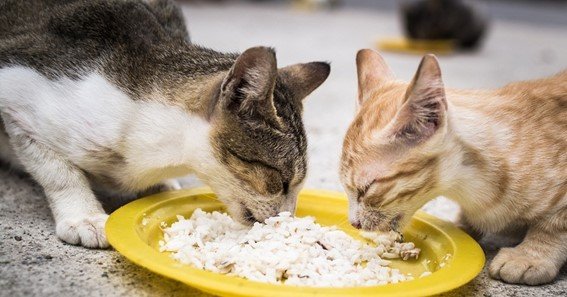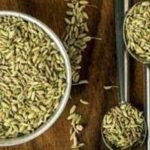As a pet parent, ensuring your kitten has a balanced diet is essential for its growth and health. While rice is a common food staple in many households, you might be wondering, can kittens eat rice? Rice can provide certain benefits, but it’s important to know whether it’s safe and nutritious for your kitten. In this article, we’ll explore the pros and cons of adding rice to your kitten’s diet, its impact on digestion, and whether it’s the right choice for your furry friend.
Can Kittens Eat Rice Safely?
The answer to can kittens eat rice safely depends on several factors. Rice is not toxic to kittens, and in small quantities, it can be safe to feed. However, rice is not a natural part of a kitten’s diet and does not provide essential nutrients that kittens need for growth and development. It’s usually given in moderation, often when a kitten has digestive issues, as rice is easily digestible and can help soothe an upset stomach.
Is Rice Good for Kittens?
While rice is safe in small amounts, the question remains, is rice good for kittens? Kittens primarily need high-protein, nutrient-dense foods to support their rapid growth. Rice is a carbohydrate-rich food with minimal nutritional value for kittens. It lacks the essential proteins, fats, and vitamins that kittens get from high-quality kitten food. Therefore, while rice may be fine occasionally, it should not replace a well-balanced diet.
Feeding Rice to Kittens: When and How?
Feeding rice to kittens should be done cautiously and in moderation. Rice can be included as part of a temporary diet if your kitten is experiencing digestive issues, such as diarrhea or an upset stomach. In these cases, veterinarians sometimes recommend rice for kittens with upset stomachs because of its blandness and ease of digestion. However, it should only be used as a short-term solution.
Rice in Kittens’ Diet: What to Consider
Including rice in kittens’ diet on a regular basis is not recommended. Since rice does not offer the key nutrients kittens need, it should never make up a large portion of their diet. Instead, focus on high-quality kitten food that contains the right balance of protein, fats, and nutrients.
Kittens’ Reaction to Rice Consumption
Every kitten is different, and kittens’ reaction to rice consumption can vary. While some may tolerate small amounts of rice without issue, others may experience digestive problems if rice becomes a regular part of their diet. It’s important to monitor your kitten’s reaction after feeding them rice to ensure there are no adverse effects.
FAQ
- Can kittens eat rice safely?
Yes, kittens can eat small amounts of rice safely, but it should not be a regular part of their diet as it lacks essential nutrients. - Is rice good for kittens?
While rice is not harmful in small quantities, it does not provide the necessary nutrients that kittens need for healthy growth and development. - When should I feed rice to my kitten?
Rice can be fed to kittens as a temporary solution when they have digestive issues like diarrhea, but it should not replace their regular food. - Is rice suitable for kittens with an upset stomach?
Yes, rice is often recommended by veterinarians as a bland, digestible food for kittens with upset stomachs, but it should only be used short-term. - What are the risks of feeding rice to kittens?
Overfeeding rice can lead to malnutrition, as it lacks the proteins, fats, and vitamins that kittens require. Always prioritize balanced kitten food.
In conclusion, while kittens can eat rice in moderation, it is not a necessary or beneficial addition to their diet. Always consult your veterinarian before introducing any new foods to your kitten’s meal plan, especially carbohydrates like rice, which offer little nutritional value compared to specially formulated kitten food.










